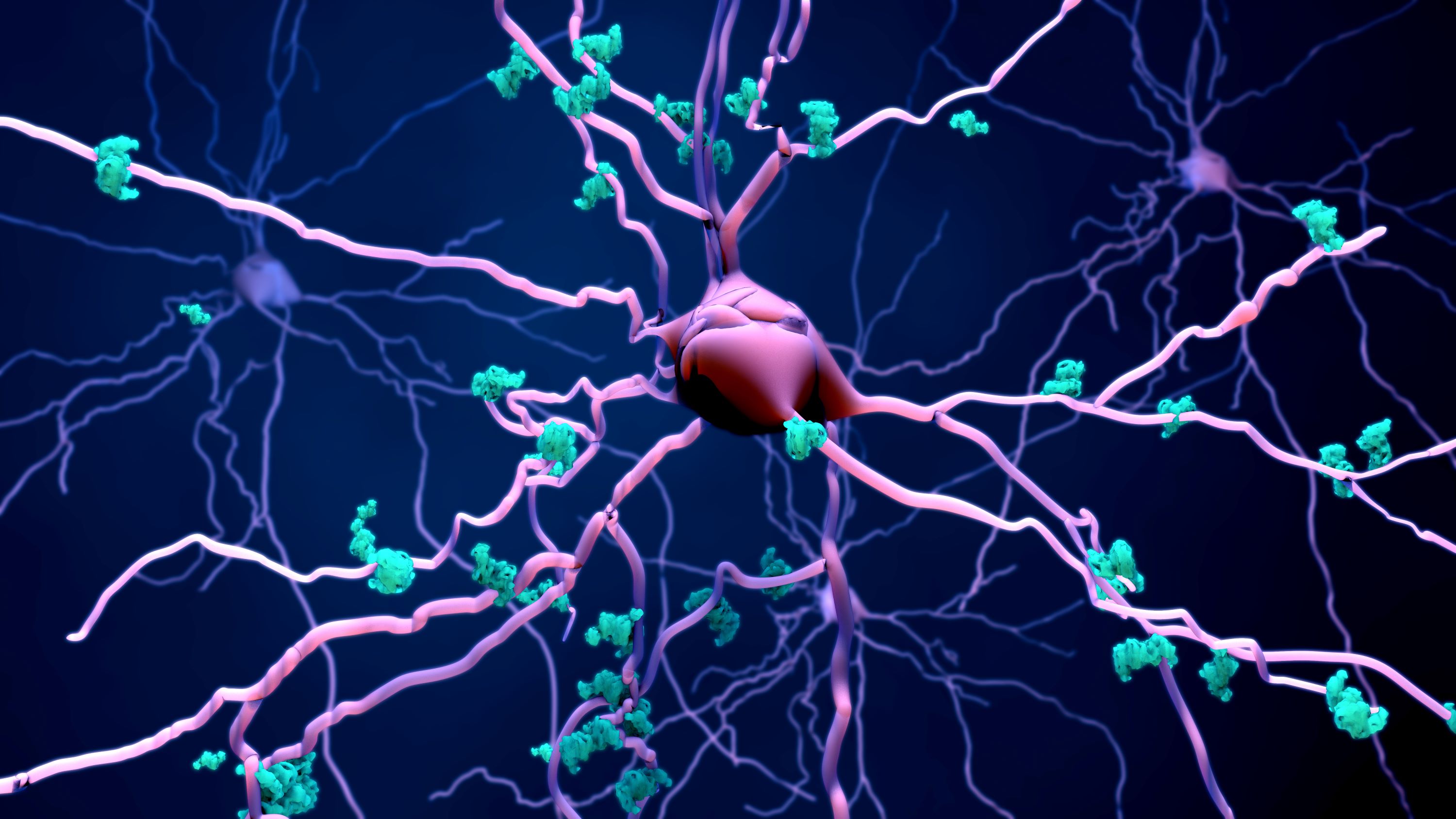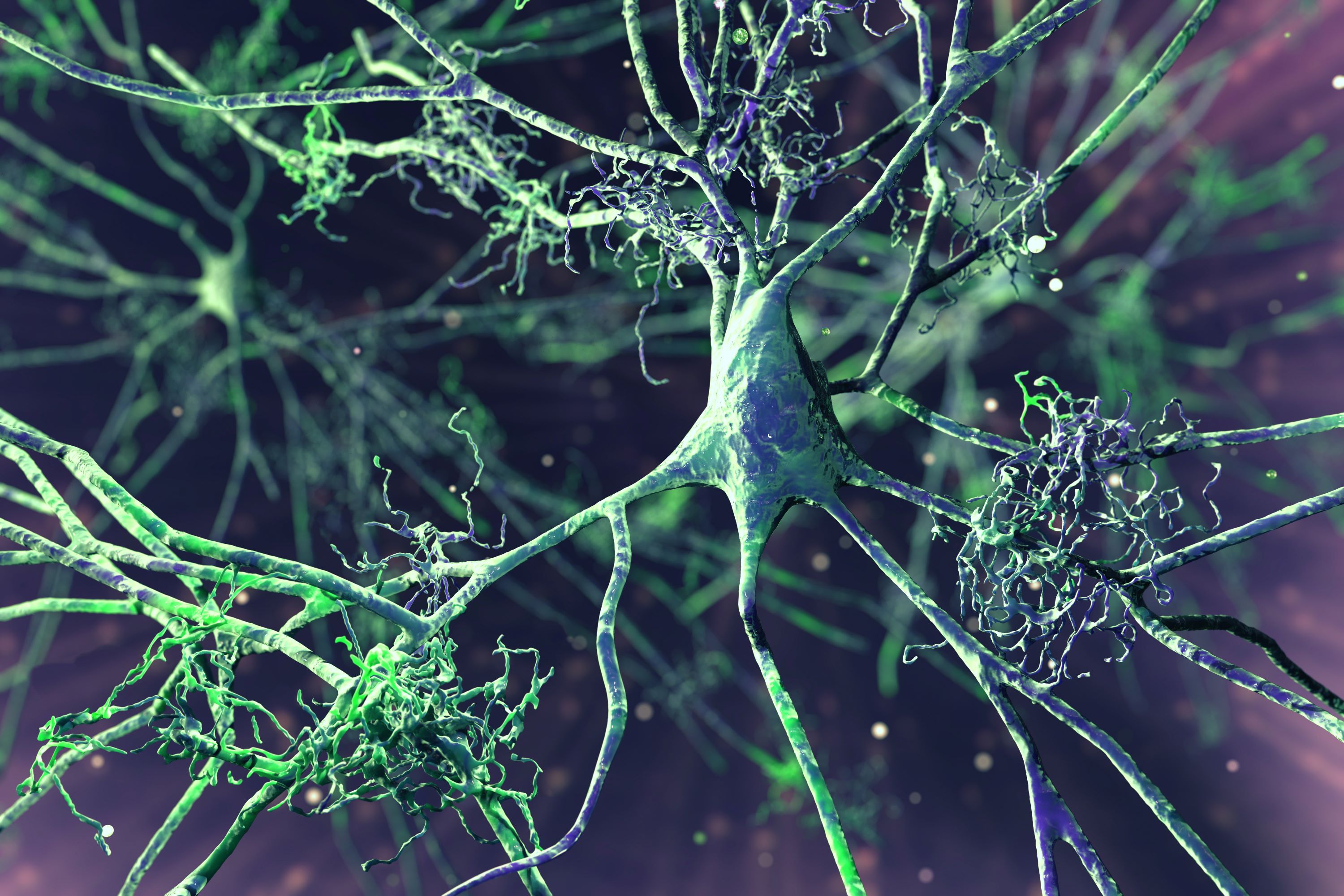Study links consumption of full-fat cheese to lower risk of dementia
People who ate more than 50 grams of high-fat cheese—such as cheddar, brie, or gouda—per day in the 1990s had a lower risk of dementia 25 years later than those who consumed less cheese, according to a study published in Neurology. The study is based on data from more than 27,000 people in Sweden with an average age of 58. The research also shows that those who consumed high-fat cream daily had a lower risk of dementia compared to those who did not consume it.









